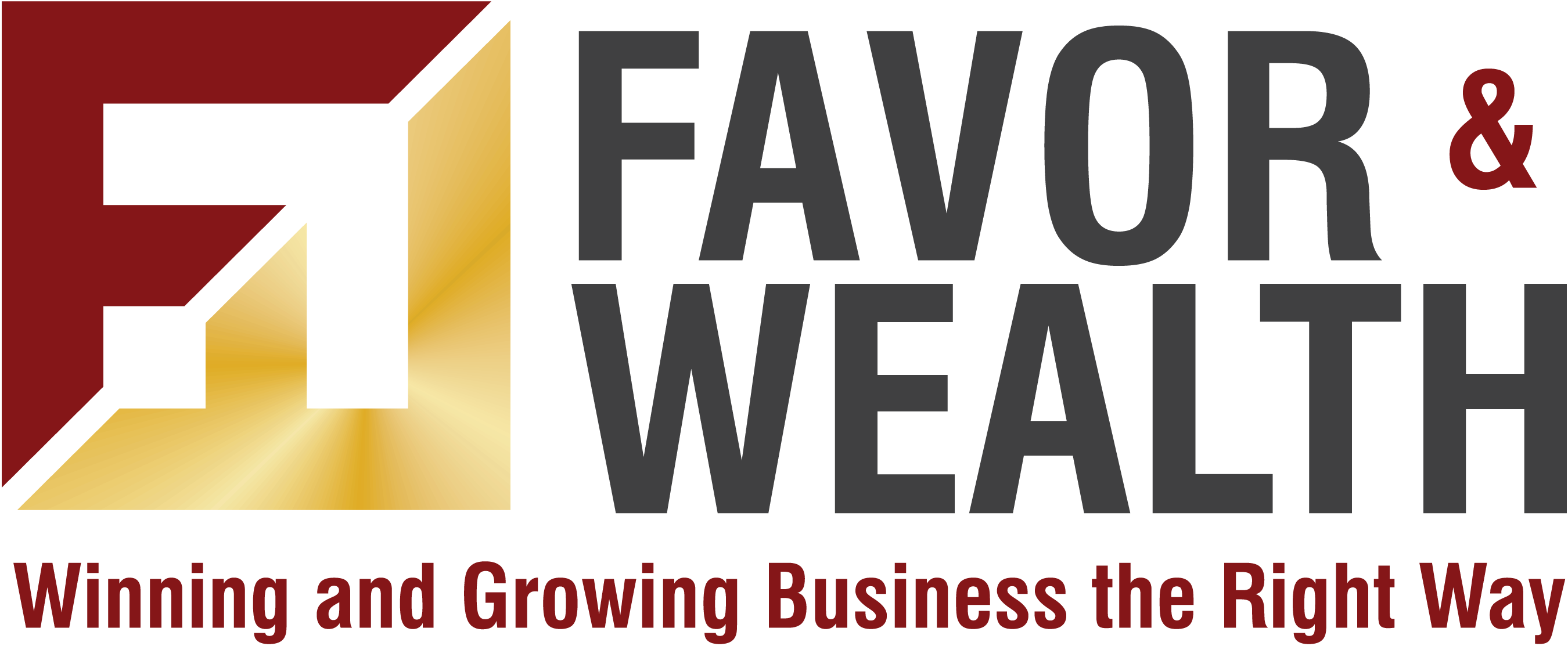Ethical Decision Making: Aligning Complex Business Choices with Christian Values

In the realm of business, complex decisions often arise, requiring careful consideration and analysis. As Christian business owners, our commitment to upholding ethical standards and aligning our choices with Christian values adds an additional layer of complexity to the decision-making process. In this blog, we explore the importance of ethical decision-making and provide insights on navigating the intricate landscape of business choices while staying true to our Christian ethics and values.
1) Define Your Ethical Framework:
To navigate ethical decision-making effectively, it is crucial to establish a clear ethical framework rooted in Christian principles. Delve into biblical teachings that guide ethical behavior and decision-making. Identify core values such as honesty, integrity, compassion, justice, and stewardship that should underpin all your business choices.
2) Seek Wisdom and Pray:
When faced with complex decisions, seek wisdom through prayer and guidance from God. Turn to scriptures that shed light on ethical dilemmas, seeking divine counsel and discernment. Trust that God will provide clarity and insight to make choices that align with His will and your Christian values.
3) Analyze the Impact:
Consider the potential consequences and impact of your decision on various stakeholders, including employees, customers, suppliers, and the broader community. Assess how your choice aligns with the principles of fairness, respect, and social responsibility. Strive to make decisions that not only benefit your business but also contribute positively to society.
4) Consult Trusted Advisors:
Consulting with trusted advisors, such as mentors, fellow Christian business owners, or industry experts, can provide valuable perspectives and insights. Engage in open and honest discussions, seeking their input on the ethical implications of your decision. Their diverse experiences and viewpoints can shed light on aspects you may have overlooked.
5) Evaluate Long-Term Consequences:
Consider the long-term consequences of your decision. While certain choices may yield short-term gains, they may not align with Christian values in the long run. Reflect on the impact your decision will have on your reputation, relationships, and the ability to maintain integrity and trust in the marketplace.
6) Transparency and Integrity:
Embrace transparency and honesty in all your business dealings. Communicate your decisions openly, sharing the rationale behind them and how they align with your Christian ethics. Building a reputation for integrity and ethical behavior establishes trust among your stakeholders, fostering long-term relationships based on shared values.
7) Learn from Mistakes:
Ethical decision-making is an ongoing learning process. Understand that mistakes may happen, and it is important to learn from them. If you realize that a decision you made does not align with your Christian ethics, take responsibility, and seek to rectify the situation. Use it as an opportunity for growth, reaffirming your commitment to upholding ethical standards in future decisions.
As Christian business owners, ethical decision-making is an integral part of our journey. By establishing a clear ethical framework, seeking wisdom through prayer, considering the impact, consulting trusted advisors, evaluating long-term consequences, practicing transparency and integrity, and learning from mistakes, we can navigate complex business decisions while ensuring they align with our Christian ethics and values. Remember, ethical choices not only define our businesses but also serve as a powerful witness to the transformative power of faith in the marketplace.

www.favorandwealth.com
1-855-732-8673

